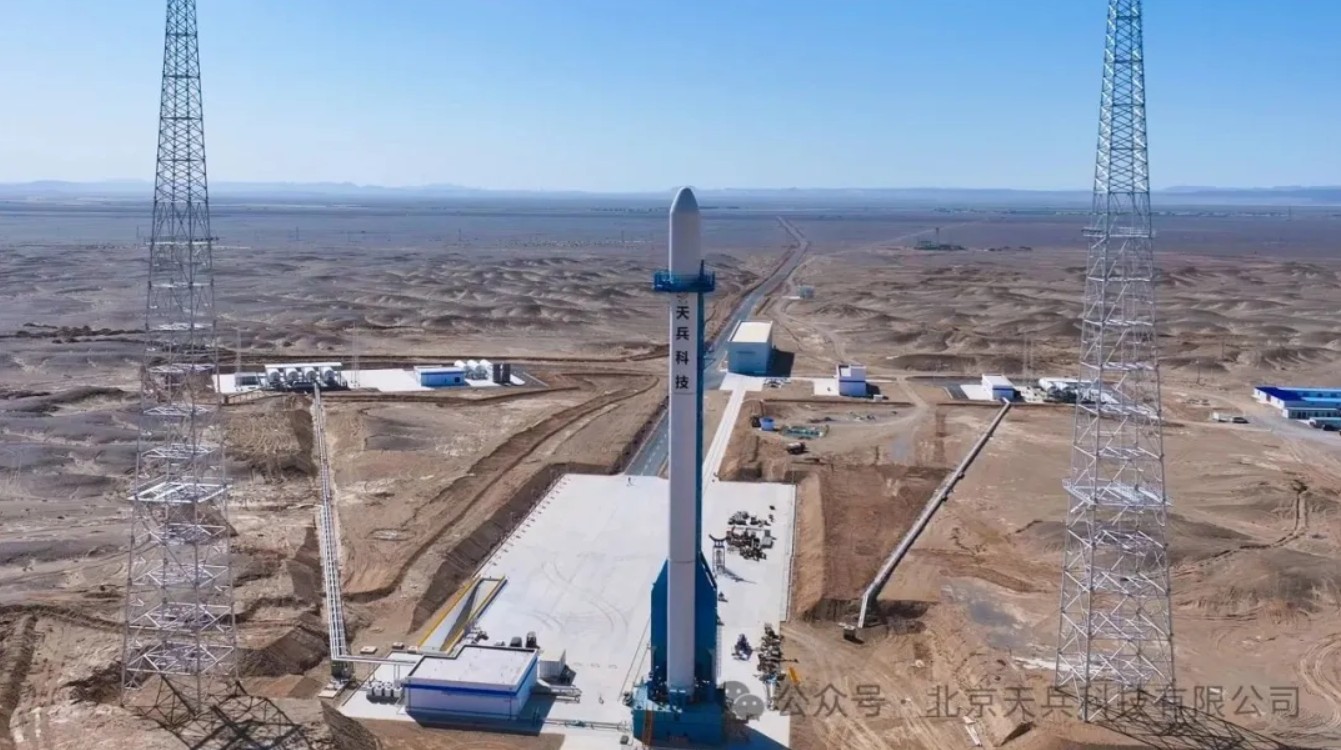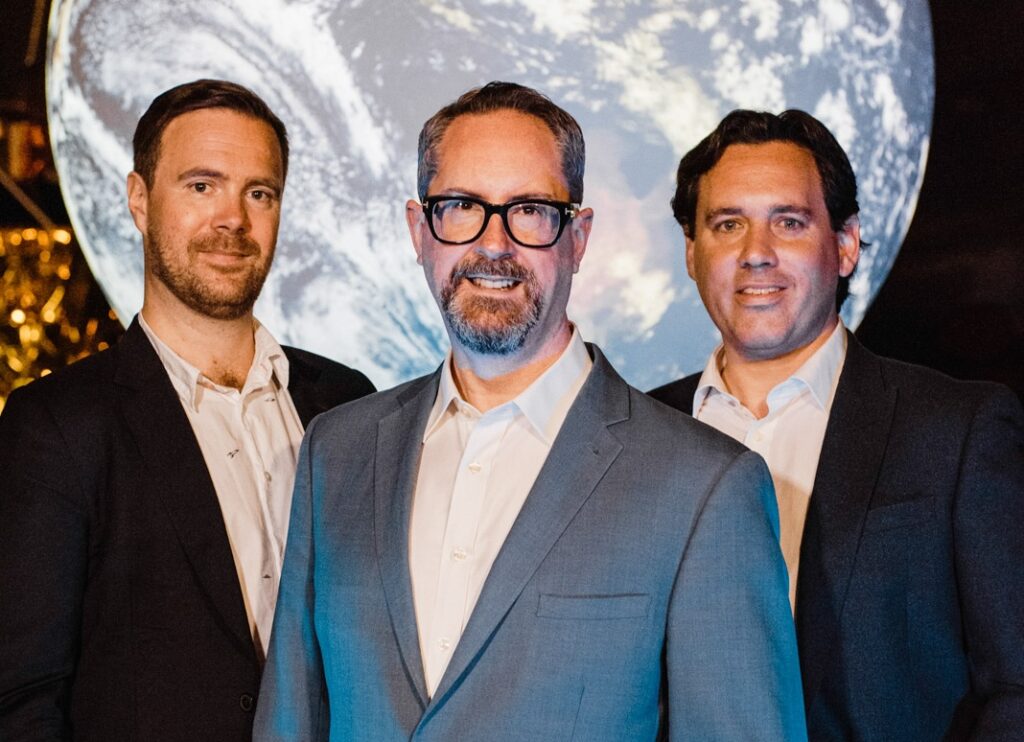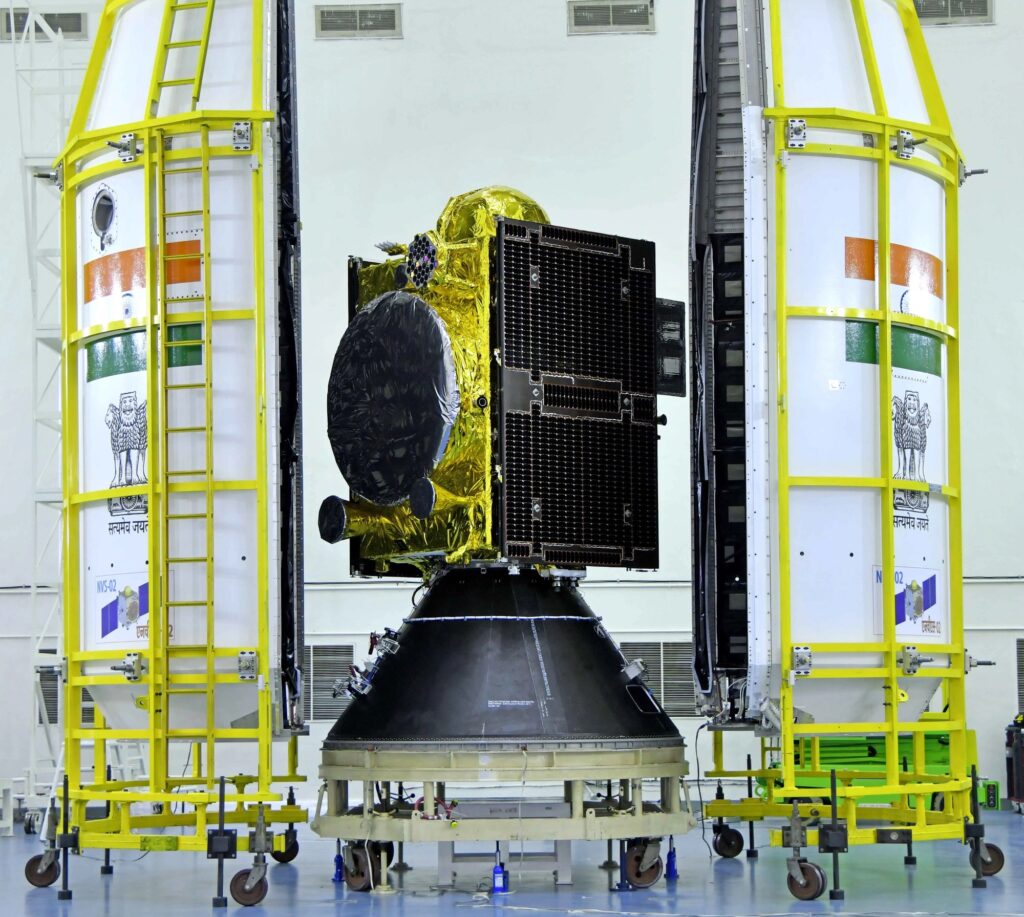Now Reading: Space Pioneer raises $350 million as China’s commercial launch boom accelerates
-
01
Space Pioneer raises $350 million as China’s commercial launch boom accelerates
Space Pioneer raises $350 million as China’s commercial launch boom accelerates


HELSINKI — Space Pioneer has secured around $350 million in new funding rounds to support its Tianlong-3 rocket and next-generation launch vehicle and engine development.
The company announced a pre-D and D round funding worth nearly 2.5 billion yuan ($351 million) in a press statement Oct. 9., ahead of an expected first full launch attempt of its Tianlong-3 launch vehicle.
The funds will mainly be used for mass production preparation of rockets and engines, as well as for the “development of new-generation engines and launch vehicles,” according to the statement, aiming to advance China’s commercial space technology and industrialization. Space Pioneer provided no further details for its plans for new-generation launch vehicles.
Space Pioneer has developed the Tianlong-2 kerosene-liquid oxygen rocket, reaching orbit on its solitary flight in April 2023. It is close to a test orbital flight on the potentially reusable and much larger Tianlong-3 (17-22,000 kilograms to low Earth orbit), having performed static fire tests and completed a launch pad for the rocket at Jiuquan spaceport in July.
The statement on new-generation engines and launch vehicles suggests, however, that the company is planning a newer, much more capable launcher. A number of companies, such as Landspace and newer, much less established Chinese commercial companies, have initiated plans to develop full-flow staged combustion cycle (FFSC) engines, a wider industry development being led by SpaceX and its Starship system and Raptor engines.
The rounds were jointly led by Guoyu Gaohua, Jigang Group, Orient Asset Management, Shenwan Investment, Bank of China Asset Management, Guiyang Industrial Development Fund, Beijing United Exchange, Hunan Shengli Investment, Hunan Gaoxin Zongheng, Qingshui Huixing, and several other well-known institutions.
This represents a blend of state-backed industrial groups, regional government funds and private equity, following a trend of government-aligned capital backing key players in China’s evolving commercial space ecosystem.
The funding is the latest of a number of massive rounds of investment into commercial space in China in recent weeks. Space Pioneer’s rounds may have surpassed the $336 million raised by competitor Galactic Energy in late September, and follows a $281 million investment in satellite operator Geespace, the space arm of automaker Geely, earlier in September.
These reflect provincial and local government moves to support commercial space ventures in China, following signaling from the central government that the sector is a strategic priority. Landspace secured $123 million in state-backed funding in December for its own reusable launcher plans, with the company’s Zhuque-3 stainless steel rocket currently being prepared for its first orbital flight at Jiuquan.
Companies such as Space Pioneer, Landspace, Galactic Energy, iSpace, Deep Blue Aerospace, Orienspace and others are developing medium-lift, reusable rockets in the hopes of winning contracts to launch for China’s state-led Guowang and Shanghai-backed Qianfan (Thousand Sails) megaconstellations, which appear to be strategic priorities for Beijing.
Launching constellations of 10,000-plus satellites each requires China to greatly expand its access to space, with serious backing for launch companies and an expansion of the country’s spaceports supporting this drive.
Stay Informed With the Latest & Most Important News
Previous Post
Next Post
-
 01Two Black Holes Observed Circling Each Other for the First Time
01Two Black Holes Observed Circling Each Other for the First Time -
 02From Polymerization-Enabled Folding and Assembly to Chemical Evolution: Key Processes for Emergence of Functional Polymers in the Origin of Life
02From Polymerization-Enabled Folding and Assembly to Chemical Evolution: Key Processes for Emergence of Functional Polymers in the Origin of Life -
 03Astronomy 101: From the Sun and Moon to Wormholes and Warp Drive, Key Theories, Discoveries, and Facts about the Universe (The Adams 101 Series)
03Astronomy 101: From the Sun and Moon to Wormholes and Warp Drive, Key Theories, Discoveries, and Facts about the Universe (The Adams 101 Series) -
 04True Anomaly hires former York Space executive as chief operating officer
04True Anomaly hires former York Space executive as chief operating officer -
 05Φsat-2 begins science phase for AI Earth images
05Φsat-2 begins science phase for AI Earth images -
 06Hurricane forecasters are losing 3 key satellites ahead of peak storm season − a meteorologist explains why it matters
06Hurricane forecasters are losing 3 key satellites ahead of peak storm season − a meteorologist explains why it matters -
 07Binary star systems are complex astronomical objects − a new AI approach could pin down their properties quickly
07Binary star systems are complex astronomical objects − a new AI approach could pin down their properties quickly



















